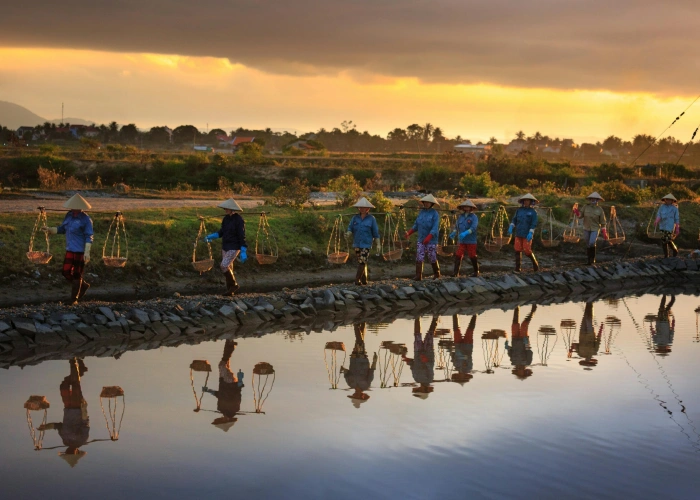Landscape Salinity and Water Management for Improving Agricultural Productivity

Adapted from the project website
Addressing soil and water salinity in agricultural landscapes involves either reducing soil and water salinity (mitigation) or making agriculture resilient to salinity (adaptation) by using innovative soil and water management technologies and practices in salt affected soils and saline water. Efficient investment in salinity mitigation requires an understanding of how different landscapes respond to alternative land and water use options at the field and landscape scale. This CRP aims to address salinization problems in agricultural landscapes and protect the soil and water resources needed to sustain food production. Nuclear and isotopic techniques will be used to unravel the relative importance of processes involving soil-plant-water interaction, quantify evaporation from the soil, improve irrigation scheduling and minimize water loss.
The overall objective of this CRP is to identify ways to improve crop productivity and sustainability through water and salinity management and to define approaches and technologies to assess and monitor soil water content and salinity at field and area-wide scales, to reduce the impacts of climate change and variability on the widespread increase in landscape water and soil salinity on food production.
1. to optimize crop productivity through soil and water management under saline conditions at the field scale;
2. to improve soil quality (physical-chemical- biological) and to export salt from the root-zone by water (rain and irrigation) and agronomic management;
3. to assess the impact of on-farm practices on regional crop productivity, water and salt stores and fluxes under current and future climate.